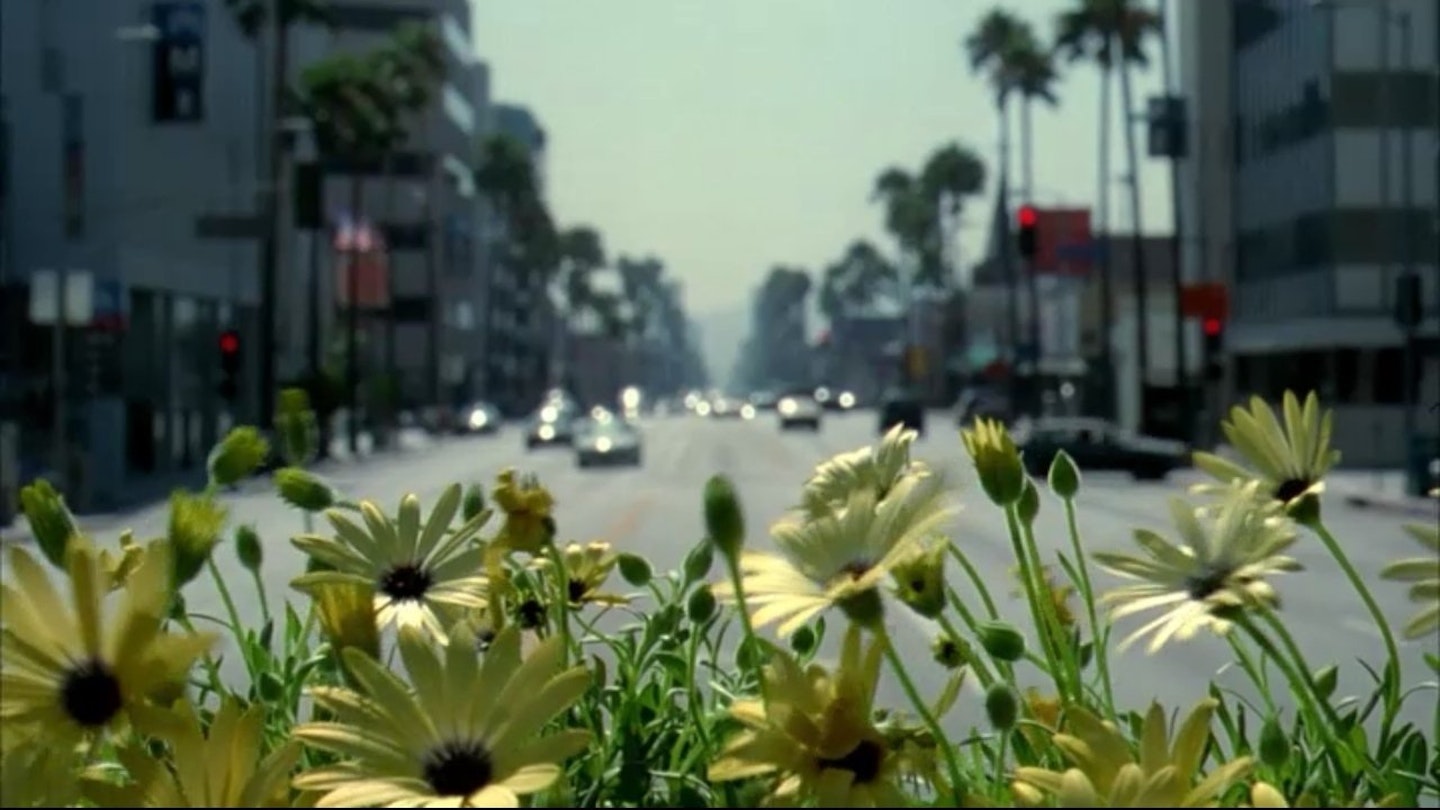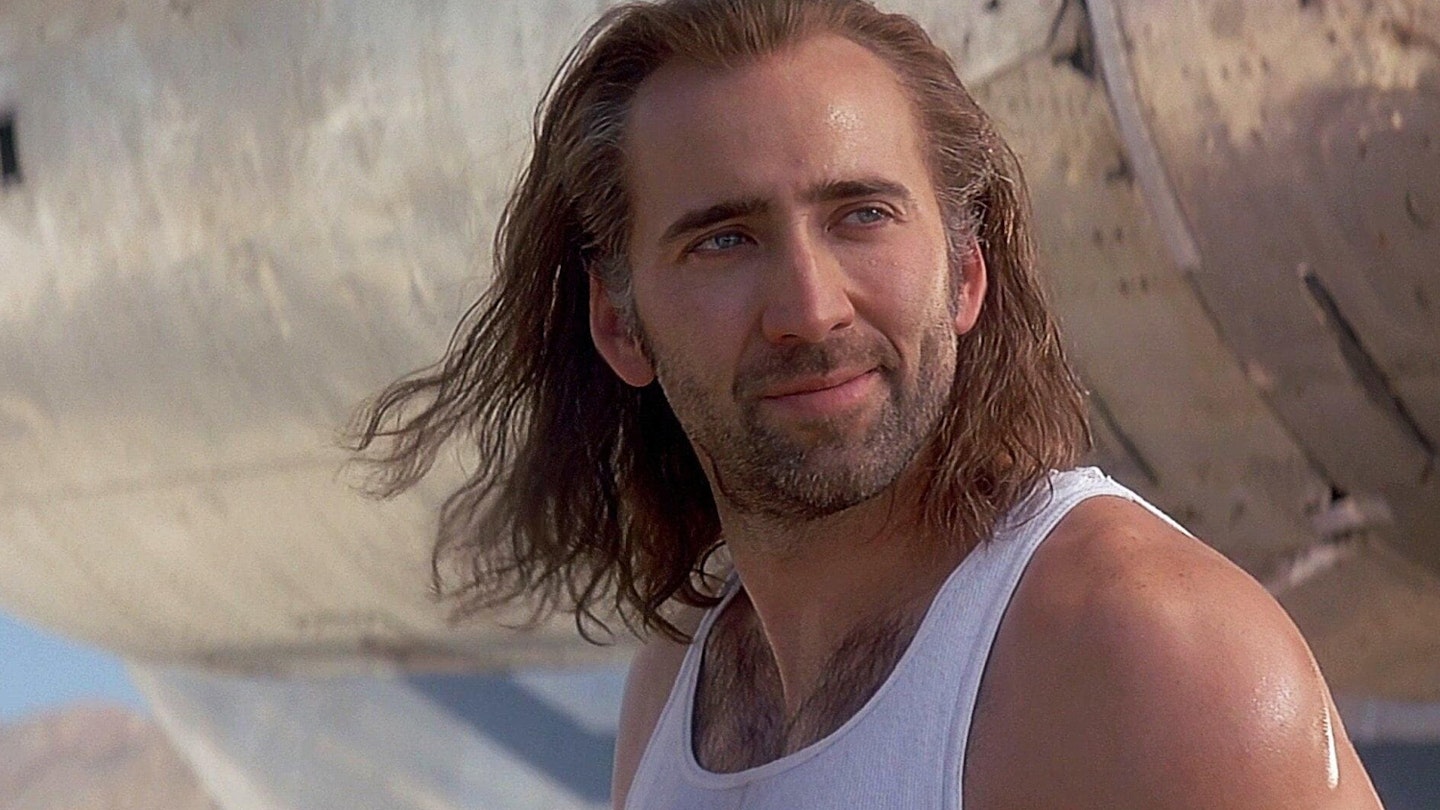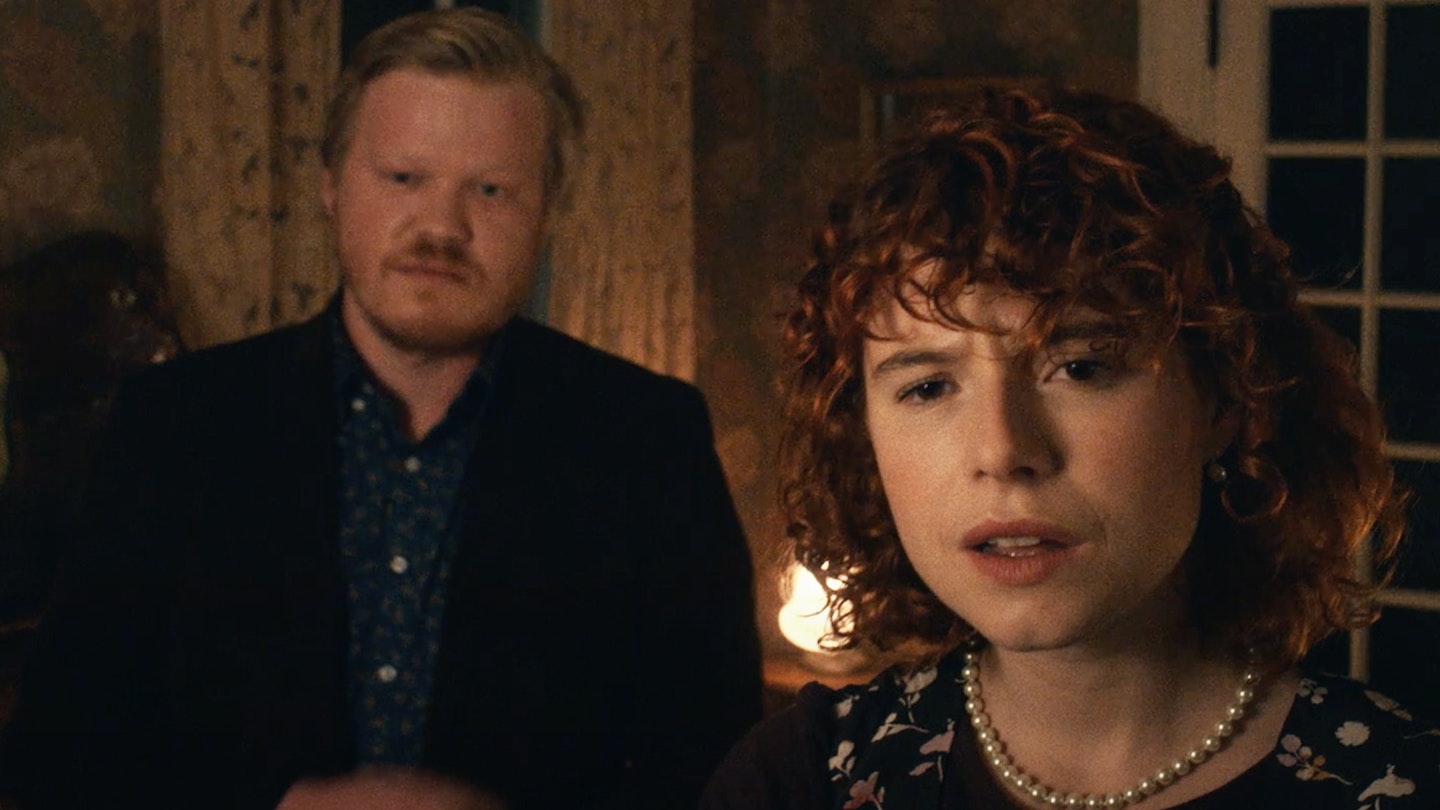Now here's an oddity: an Oscar-nominated screenwriter is asked to write an adaptation of The Orchid Thief, journalist Susan Orlean's bestselling novel about a horticultural poacher, but instead delivers a script about him trying to write said screenplay. His twin is credited as co-author, even though he only exists in the film. The author of the book and its protagonist become involved in a romantic subplot that has little to do with the content of the book, but is written about by the screenwriter in his film. And several alligators show up along the way. Confused yet?
Welcome to the world of Spike Jonze and Charlie Kaufman, who follow up Being John Malkovich with another dose of inspired lunacy that is set to baffle and dazzle moviegoers in equal measures.
Cage is as good as he has ever been in the dual roles of Charlie Kaufman and his "twin brother", Donald. While the latter is a brash, confident irritant who also embarks upon a screenwriting career after attending a course by screenwriting guru Robert McKee, Charlie is a bag of neuroses - stricken with writer's block and convinced he is incompetent, physically revolting and socially inept.
Streep, as Orlean, and Cooper, as Laroche, both excel as similarly desperate people nursing their own personal heartache. However much Kaufman may have embellished the truth about his own personality, there's no denying the fact that his self-deprecating self-portrait is superb. What's more, he taps into the nuances of the tortured artist - from writer's block and insomnia, to the sheer frustration of having one's train of thought interrupted - with razor-sharp accuracy. And, in a way, that's almost the film's downfall; at times it assumes its audience knows more than it does, and its dependence on jokes about McKee, the film industry and the pressures of screenwriting may well pass over the heads of some viewers. The climax, especially, is a rather sour satire of narrative conventions that will leave most of the audience either baffled or patronised.





